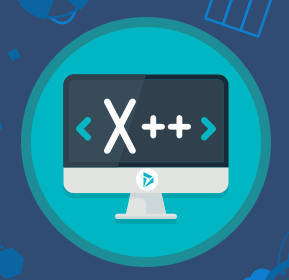- A Classes, objects, variables
- B Classes, methods, objects
- C Methods, variables, classes
- D Methods, objects, variables
Answer:
C
Justification:
- Classes and objects are two of three components of object oriented programming. While variables are used in programming, they are not considered a component of object oriented programming.
- The three pillars of object oriented programming are classes, methods and objects. Classes are blueprints that describe the objects derived from them. A class is a model classification of the methods and variables in a specific type of object. Objects are instances of classes. Each instance has data members and logic (methods) defined in the class. Methods are functions (subroutines) associated with a class or an object. An object implements its behavior with methods.
- Methods and classes are two of the three pillars. However, variables are not considered one of the three main components of object oriented programming. They are used in many programming languages, but are not object oriented programming specific.
- Methods and objects are two of the three pillars. However, variables are not considered one of the three main components of object oriented programming. They are used in many programming languages, but are not object oriented programming specific.
Related Lesson: Code Editor
 Module 1: Introduction to Visual Studio
Module 1: Introduction to Visual Studio  Module 2: Architecture
Module 2: Architecture  Module 3: Labels and Resources
Module 3: Labels and Resources  Module 12: X++ Overview
Module 12: X++ Overview  Module 13: Classes
Module 13: Classes